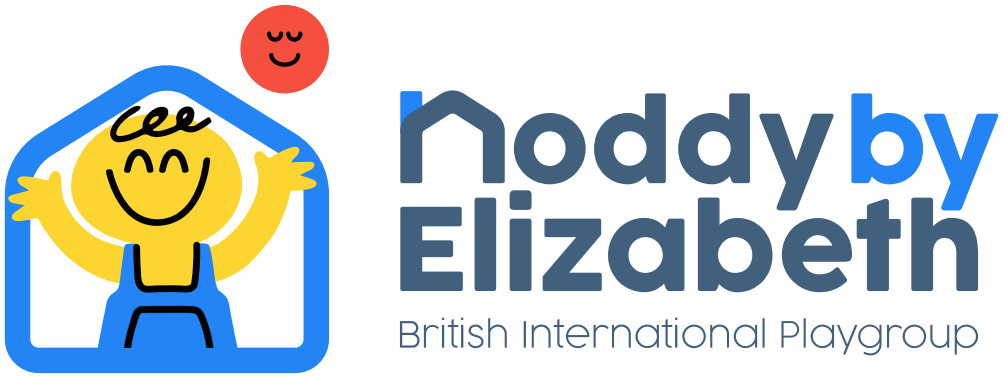
What is Mindful Parenting?
It’s an approach where parents develop an awareness of how they interact with their children to encourage civility, acceptance and compassion when their child deals with and interacts with others.
As a parent, you serve as the first role model for your child. This provides you with the unique opportunity to practise mindful parenting and gentle guiding with your child and enable them to get more out of their education. By simply serving as a role model for the type of behaviour you exhibit, you encourage them to slow down, listen, and deal with others with compassion and understanding. They learn this by enjoying a richer personal bond with you where they can talk openly, share ideas without criticism, and have someone who genuinely listens to them and makes an effort to appreciate them as an individual and not just as a child. This will resonate with them, and they’ll respond in kind, thereby treating their teachers and classmates as they would like to be treated.
All of this fosters better communication skills, a calmer, more complete analysis of potential problems, less personal misunderstandings, and an overall happier environment at home and in the classroom. We’ll explore some of the strategies and parenting tips that will help you practise mindful parenting and gentle guiding.
Day-to-Day Strategies for Mindful Parenting
The most important part of mindful parenting is simply to be aware of your behaviour when dealing with your child. Don’t be distracted by the TV, a phone call, or your own thoughts.
Listening
When your child asks you a thoughtful question, they are looking to you for knowledge, and their question deserves a thoughtful answer. Try to get in the habit of listening quietly without interruption and answering your child’s questions as plainly and honestly as you can.
Acceptance and Compassion
Children are very observant. They watch and mimic you as you deal with them and others. Try to develop the habit of treating everyone as you want your child to treat others, and you should begin to see them echoing your behaviour, particularly when they see that it delivers positive results.
Be Emotionally Aware
Develop a strategy of seeing to the emotional needs of yourself and your child when discussing a potentially volatile subject. Dealing with disagreements constructively teaches your child to talk calmly until the issue is resolved to everyone’s satisfaction. Never lose your temper.
Slow Down and Self-regulate
Develop a strategy of taking a breath before reacting, and take stock of your emotional state. Every potentially volatile situation should be handled calmly without showing anger or frustration.
Mindful Parenting Tips
Mindful parenting can be challenging, especially if you were brought up in a way you now want to teach your child to avoid. It can be hard to let go of old habits.
Get Support
No one can be a perfect role model all the time. However, having someone who can provide the same desired style of parenting will help reinforce the message and lessons you’re trying to impart to your child, even when you’re not present.
Apologise Honestly
Being a role model is not about being perfect; it’s about being a compassionate human and demonstrating correct behaviour to your child. By learning how to apologise honestly, you show respect for the person you’re apologising to, and you’ll likely incur their gratitude instead of lingering resentment. You’re also demonstrating how to take responsibility for your actions, a valuable lesson for your child.
Benefits of Being a Mindful Parent in a Diverse Community

As your child enters the international school community, they’ll be able to experience many different cultures. Being able to recognise that everyone has value and deserves respect will enhance your child’s education and enable them to enjoy making friends.
Better Emotional Regulation Skills
Mindful parenting will prepare your child for the emotional regulation skills they’ll need to have when things don’t go their way at school. These skills will help them assimilate with their peers.
Better Cooperation and Sharing Skills
Your child will also gain an educational advantage in having the ability to adapt to a group project environment easily. They’ll learn that through cooperation, engagement with others, and sharing ideas, they can learn more and enjoy themselves.
Developing a Positive Parent-child Relationship
Lastly, perhaps the most important aspect of practising mindful parenting is that it helps build and strengthen the parent-child relationship through love, respect and a shared value of appreciating others.
Contact Noddy by Elizabeth
If you would like to explore more positive parenting tips for early-year children, or you’re seeking enrolment for your child in a progressive EYFS British curriculum school in Bangkok, you are most welcome to get in touch with Noddy by Elizabeth Playgroup.
